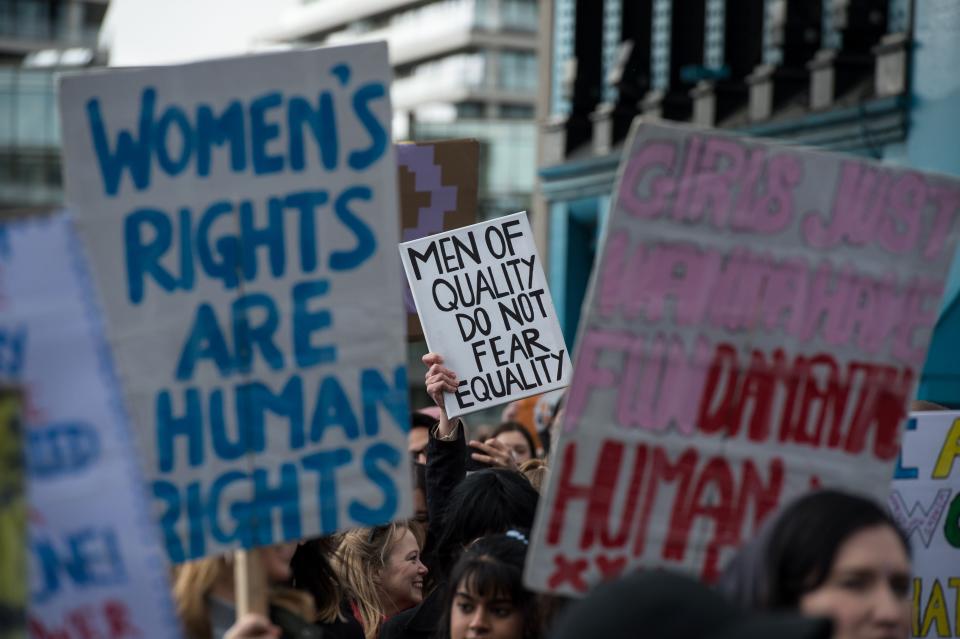Women account for just 26% of all parliamentarians around world

Political systems around the world are dominated by men, with women only accounting for just 26 per cent of all parliamentarians on average.
Data collected by UN Women shows women continue to be starkly underrepresented in the political sphere, 26 years after the Beijing Declaration and Platform for Action established the goal of achieving gender balance in political decision-making.
Researchers found women make up 21 per cent of parliamentarians in the Pacific region, while in the Middle East and North Africa they constitute 18 per cent. In Asia, some 20 per cent of parliamentarians are women, while 32 per cent are in the Americas.
In Europe, they make up 30 per cent and in Sub-Saharan Africa, the average is 23 per cent. The UAE, however, has 50/50 gender parity in parliament as of the beginning of 2021.
Phumzile Mlambo-Ngcuka, executive director of UN Women, told The Independent: “We currently confront the two biggest challenges of our generation: the Covid-19 pandemic and its consequences, and the unfolding climate change crisis.
“In both, women are disproportionately affected. And in neither are women appropriately represented as negotiators and policymakers. We, therefore, have a responsibility to call out the under-representation of women.
“The exclusion of women from decisions that affect their lives is bad corporate governance and we should not allow it. That is why, at this crossroads, we have to bring this exclusion to an end.”
A woman is head of government in just 22 out of 193 countries around the world and there are only three countries where there are more women than men in the Senate. That is Australia (51 per cent), Antigua and Barbuda (53 per cent) and Bolivia (56 per cent).
Researchers discovered some 119 countries have never had a woman leader - warning gender equality in the top jobs in politics will not be achieved for another 130 years.
Only 13 countries have 50 per cent or more women in ministerial positions, with most female ministers generally in roles connected to family and children’s affairs, social affairs, environment, gender equality and employment.
In the UK specifically, women constitute around a third of MPs and local councillors, with only five out of 23 cabinet ministers being women at present.
A previous study carried out by Cambridge University found women lawmakers are more likely to propose policies that champion health and education, as well as being more likely to roll out laws that tackle sexual harassment, domestic abuse, and rape.
Read More

 Yahoo Finance
Yahoo Finance 